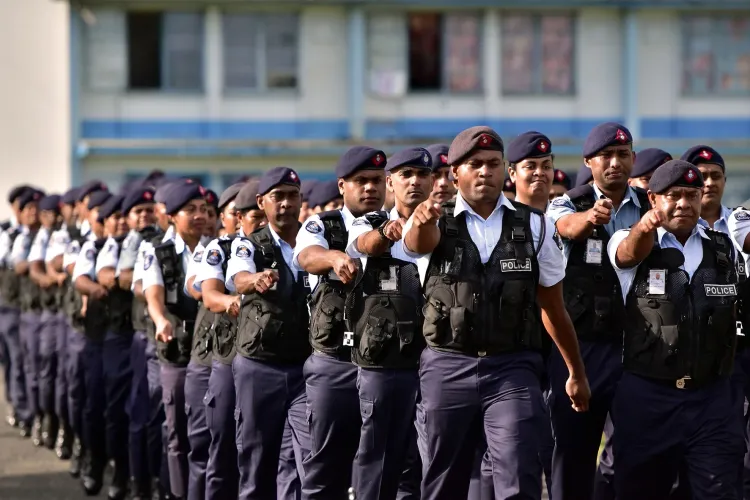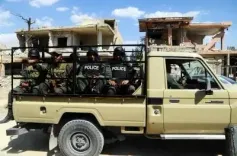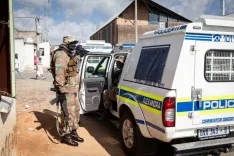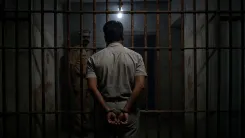Is the Fiji Police Force Ready for Major Reforms?

Synopsis
Key Takeaways
- Body-worn cameras will enhance transparency.
- Recruitment of 1,000 officers aims to strengthen the force.
- Significant upgrades to police stations are planned.
- Community trust is a key focus of the reforms.
- Decentralized deployment allows for adaptable responses in policing.
Suva, July 19 (NationPress) The Fiji Police Force is gearing up for a significant overhaul, introducing a series of reforms designed to enhance visibility, accountability, and public trust. Police Commissioner Rusiate Tudravu announced this week that the force will implement body-worn cameras, initiate substantial upgrades to police stations, and commence the recruitment of 1,000 new officers.
Tudravu stated that the body camera program will be pivotal in the force's strategy to boost transparency and operational integrity. However, he emphasized that it is not merely a matter of distributing cameras to officers.
"It's not just about issuing equipment. It's a system that needs to be built from the ground up," he explained.
The implementation will necessitate substantial back-end infrastructure, including secure storage solutions, digital systems for managing footage, and training programs to ensure officers are well-versed in both the technical and legal aspects of using these devices, as reported by Xinhua.
"Body-worn cameras serve as an accountability tool, but they are also crucial for fostering confidence—both for our officers and the community," Tudravu remarked.
Concerns were raised regarding the inconsistent police presence in public areas, especially in high-risk zones or locations prone to petty crime. Tudravu acknowledged these worries but clarified that police deployment is largely decentralized, managed by divisional commanders.
"Our divisional leaders allocate their resources based on real-time situations. There may be instances when more officers are on foot patrol, while at other times, their presence may be less noticeable," he clarified.
He added that the force is continually evaluating operational needs and adapting as necessary, although this flexible approach may lead to varying levels of police visibility across communities.
These reforms are being introduced amid increasing challenges in policing throughout the Pacific region, such as cybercrime, drug trafficking, and greater demands for community engagement and transparency.
With the introduction of body-worn cameras, enhanced recruitment efforts, and better-equipped police stations, the Fiji Police Force aims to cultivate a more accountable, responsive, and modern institution, according to Tudravu.









